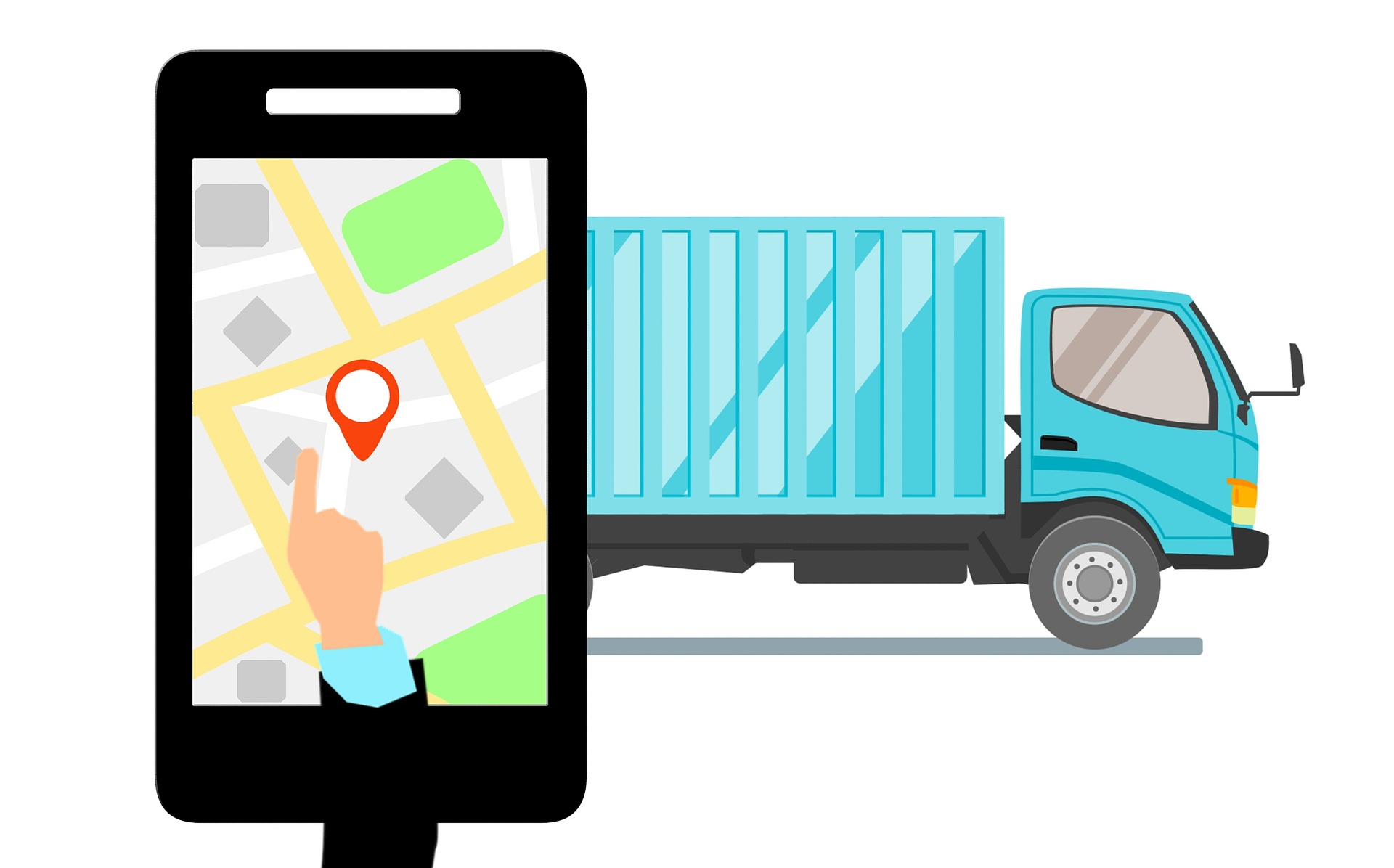-
Your trusted market research partner
- info@theindiawatch.com
- 8076704267

Web-Based Trucking Start-Ups Can Disrupt the USD 179 B Road Freight Industry
India’s growing logistic sector is the cornerstone to its long-term economic growth objectives. India’s logistic sector is valued at USD 233 billion in FY 22. Road freight comprises 77% of the market and is sized at USD 179.4 billion.
Trucks are a preferred mode of freight carriage in India compared to railways, as they have faster stacking & emptying capabilities and can easily reach remote locations. Local OEMs such as Tata, Ashok Leyland, Mahindra, Eicher, etc dominate the trucking industry in India. Other prominent international players such as Benz and Volvo, etc. are also slowly but steadily making inroads in the country.
In 2020, the pandemic caused disruptions in an otherwise bullish logistics industry in India. As commercial activities slumped, the demand for trucking also went on a downward spiral. Post pandemic, however, the sector is once again recovering on the back of growing demand from the agriculture, MSMEs, and e-commerce industry. (Agriculture and MSME comprise around ~ 50% of the total trucking demand in India.). An increase in Industrial output and a growing rate of urbanization will also drive growth in the industry. In the next 5 years, the road freight market is expected to reach USD 282.4 billion growing at a CAGR of 9.5%.
Segment Analysis of India’s Road Freight Carriers

India’s road freight market can be split into Light Commercial Vehicle (LCV), Medium Commercial Vehicle (MCV), and High Commercial Vehicle (HCV).
LCVs comprise the largest chunk of truck sales in the country. In FY19, annual sales of LCVs have crossed 564,000 units Jumping by more than 56% in two years. In FY 20, the LCV sales in India dropped to 448,000, which further dipped to 371,000 units in the face of the pandemic In the LCV segment, Mahindra and Tata Motors contribute ~ 82% of the total sales. Other players include Ashok Leyland, Maruti Suzuki, and Eicher in that order.
In the M&HCV category, the overall sales reached slightly over 351,000 in FY 19 jumping by more than 37% in 2 years. In FY 20, the sales of M&HCV dropped to around 185,000. M&HCV sales further slumped significantly in FY 21. Major players in the segment include Tata Motors and Ashok Leyland, followed by other players such as Eicher and Mahindra & Mahindra.
The Rise of Web-based platforms
The trucking industry in India will continue to play a pivotal role in the nation’s economic growth and progress. However, the current industry is largely unorganized, which undermines its utilization rates. Roughly, 75% of the industry is run by individual truck owners or micro-entrepreneurs, owning (1-5 trucks).
Due to its unorganized nature, it is often difficult for shippers to find truck operators. It is estimated that 25-30% of the time, trucks are idle, thereby weighing on the overall profitability. Moreover, the presence of layers of brokers further makes the process complicated. Brokers eat into 15-20% of the operators’ margin.
To improve the overall efficiency of the industry and make it more profitable, there is a pressing need to leverage digital technologies. Mobile-friendly digital technologies can go a long way towards offering a seamless common platform for shippers and operators.
Already a handful of web-based truck aggregators such as Rivigo, Porter, Black Bucks, etc have scaled up fast in recent years. Similarly, other platforms such as Truck Suvidha, Blow Horn, Trucky, etc. are also gradually increasing their footprint in the vast market. Looking at the business prospect large international financial institutions and venture capital firms such as IFC, Accel Partners, Tiger Global, Tribe Capitals, Warburg Pincus, SAIF Partners, etc. have invested in truck aggregator start-ups. Large OEMs such as Tata Motors and Mahindra, etc. have also invested in the upcoming space, as a part of their forward linkage strategy.
These start-ups offer a cohesive digital platform based on real-time aggregation & transparent pricing to connect shippers with operators. They operate across both key categories, long-haul transport, and last-mile/ short-haul. Some of the operators own their fleet while others operate asset-light.
In FY 20, these platforms collectively posted an aggregate revenue of USD 521.5 million, growing by 26%, as compared to FY 19.
Besides acting as digital intermediaries between operators and shippers, these web-based platforms are also enriching the ecosystem through additional layers of value-added services. These include fleet management and live tracking software support. Similarly, their partnership with a large number of truck operators helps them strike favorable deals in the form of discounted oil prices for drivers, lucrative insurance packages, toll tags, etc.

The Way Ahead
Web-based trucking platforms are still in their infancy yet their long-term potential is unquestionable. Availability of cheaper 4 G internet alongside unprecedented growth in the digital payment ecosystem can give a major push to the ongoing digitization in the trucking industry. A simplified tax regime under GST will also help the industry to grow forward.
Not just digitization will help in improving the lives of the hundred thousand truck drivers in the country but their positive ramifications will be felt across the economic cycle.
These technology-enabled platforms have access to a tremendous amount of truck data, vehicle use data, asset utilization insights, etc. Through the use of data, actionable analytics-based models can be created that won’t just optimize the performance of trucking services but can enhance inventory management in warehouses.
Likewise, a robust ecosystem will enable truckers to explore new profitable routes and boost their income. These tech platforms are also embarking on new training programs for truck drivers, which can be beneficial in the medium to long run.
How India Watch Can Help?
Indiawatch.com is an India-centric market research and business intelligence platform. Alongside, working with bigger enterprises, sovereign agencies, and investment houses, we also offer our tailor-made services to start-ups and upcoming ventures. Through our affordable research services, start-ups can gain deep insights and access critical data to succeed in the Indian market.
- Insights and data on industry trends, market size, growth forecast, demand forecast, etc.
- Deep insights on policies and regulatory frameworks. Advisory on company formation and business set-up
- Market surveys and research to evaluate consumer behavior
- Tailor-made research and insights on the value chain, distribution structure, competition, vendors, etc
- Feasibility study/ Opportunity assessment study
- Content marketing, PR support, marketing plan, etc.
